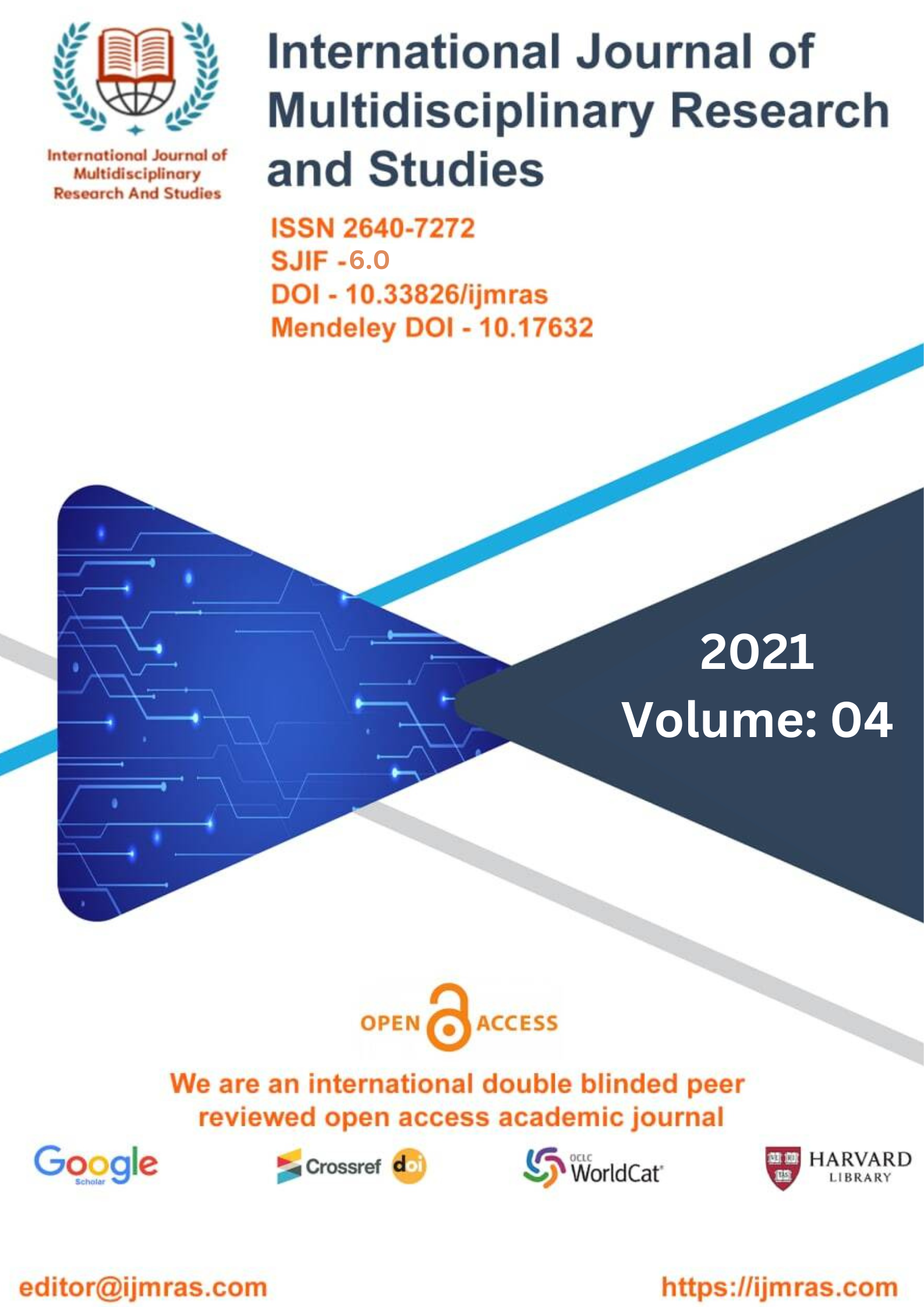RISE OF SINGLE PARENT FAMILIES AND ITS IMPACT ON SOCIETY

Abstract
The phenomenon known as "single parenthood" is one that has been around for as long as there have been people on Earth. According to Dowd Nancy in (1997), a single parent is a parent who takes on the most of the day-to-day responsibilities for parenting the kid or children while not cohabitating with their spouse or partner. This definition applies to a parent who is not married.The process of socialising children is essential to the continued existence of any society. Many people believe that the family unit is the single most important factor in the process of socialisation, particularly for children. Parents have a significant role in the process of instilling strong underlying moral, spiritual, social, physical, and cognitive standards in their children throughout the majority of cultural contexts. The upbringing of children is characterised by a strict adherence to routines and norms (Santrock, 2002).The extended family model of child raising that was common in Africa before to the advent of industrialization and globalisation has been significantly altered as a result of these two societal shifts. The rapid social change that comes along with globalisation has caused disruptions in the lives of families (Olaleye, Y.L et al, 2010). Many of the traditional customs and rites that were formerly passed down from generation to generation and carefully preserved are on the verge of extinction. Our nation's values and advantages, which were formerly seen to be the core pillars of our society, have changed and outgrown those ideals and advantages as contemporary culture has progressed. In this day and age, behaviour that was once considered unacceptable is rapidly becoming the norm.
Keywords
Single, Parent, Families, SocietyHow to Cite
References
Autor, David H., Alan Manning, and Christopher L. Smith. 2016. “The Contribution of the Minimum Wage to US Wage Inequality over Three Decades: A Reassessment.” American Economic Journal: Applied Economics, 8(1):58-99.
Bengali, Leila, and Mary Daly. 2013. “U.S. Economic Mobility: The Dream and the Data.” Federal Reserve Bank of San Francisco Economic Letter, March 4, 2013.
Brandmeir, Kathrin, Michaela Grimm, Michael Heise, and Arne Holzhausen. 2016. Allianz Global Wealth Report 2016.
Hall, Kevin G. 2014. “How Brazil Has Reduced Income Inequality: A Q&A.” The Seattle Times, February 15, 2014.
Hellebrandt, Tomas, and Paolo Mauro. 2015. “The Future of Worldwide Income Distribution.” Peterson Institute for International Economics, Working Paper No. 15-7.
Hershbein, Brad, Melissa S. Kearney, and Lawrence H. Summers. 2015. Increasing Education: What It Will and Will Not Do for Earnings and Earnings Inequality,” Brookings Institute, March 31, 2015.
Jaumotte, Florence, and Carolina Osorio Buitron. 2015. “Inequality and Labor Market Institutions.” International Monetary Fund, IMF Discussion Note 15/14, July 2015.
Moran, Timothy Patrick. 2005. “Kuznet’s Inverted U-Curve Hypothesis: The Rise, Demise, and Continued Relevance of a Socioeconomic Law.” Sociological Forum, 20(2):209-244.
Neumark, David. 2014. “Employment Effects of Minimum Wages.” IZA World of Labor paper 2014:6.
Ravallion, Martin. 2014. “Income Inequality in the Developing World.” Science 344(6186):851-855. Reardon, Sean F. “The Widening Academic Achievement Gap between the Rich and the Poor.” Community Investments, 24(2):19-39.
Saez, Emmanuel. 2016. “Striking It Richer: The Evolution of Top Incomes in the United States (Updated with 2015 Preliminary Estimates).” University of California, Berkeley, June 30, 2016.
Saez, Emmanuel, and Gabriel Zucman. 2016. “Wealth Inequality in the United States since 1913: Evidence from Capitalized Income Tax Data.” The Quarterly Journal of Economics, 131(2):519-578.
Sanandaji, Nima, Tino Sanandaji, Arvid Malm, and Christopher Snowdon. 2010. “UnLevel Ground.” Wall Street Journal, July 9, 2010.
Schmitt, John. 2009. “Inequality as Policy: The United States since 1979.” Center for Economic and Policy Research, October 2009.
License
Copyright (c) 2021 Vikas Kumar

This work is licensed under a Creative Commons Attribution 4.0 International License.
Individual articles are published Open Access under the Creative Commons Licence: CC-BY 4.0.




